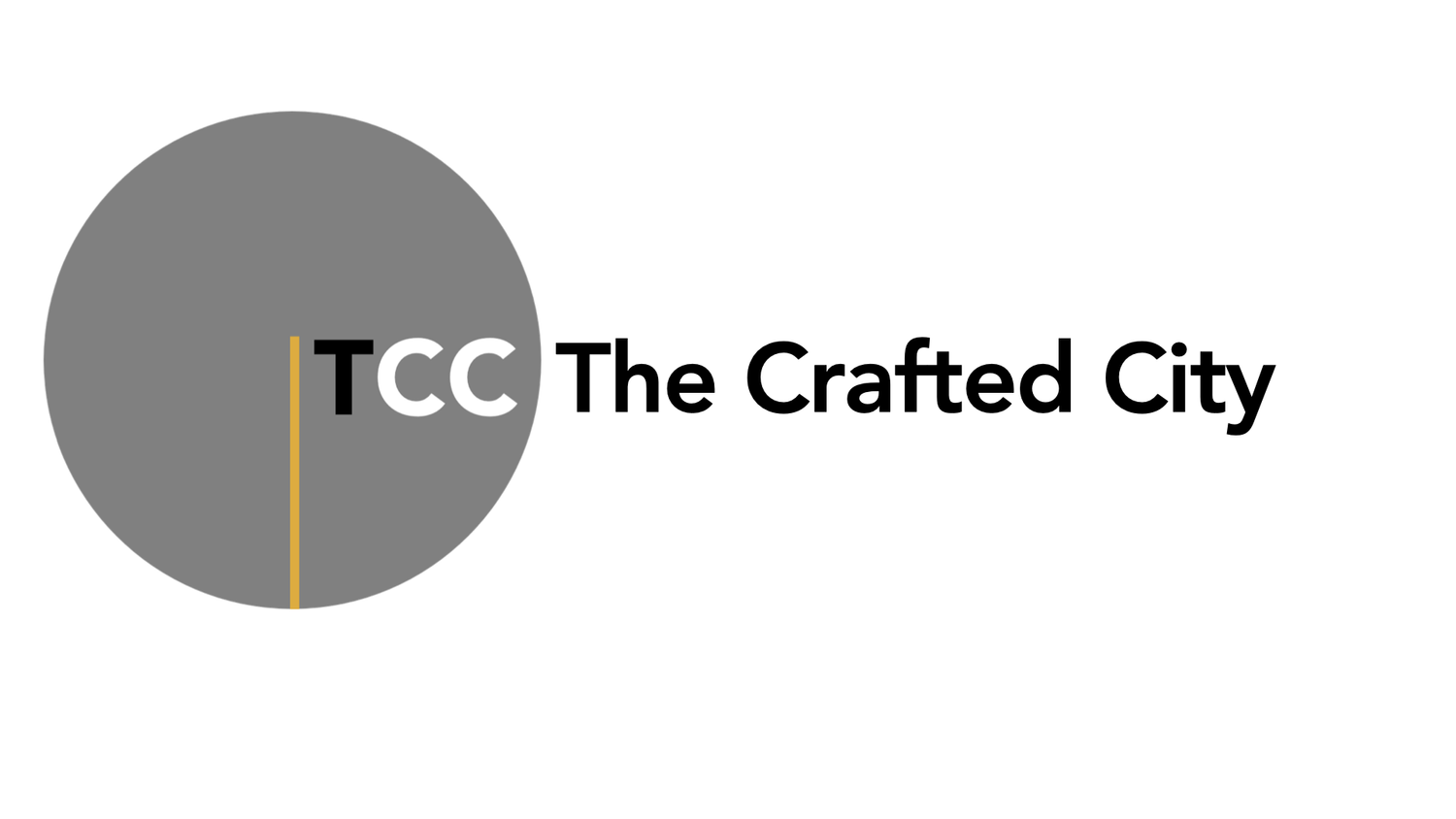PURIFICATION OF DESIGN
Image: Doug Joyce
13 July 2014
MORE THEN 95 THESIS / Alan Jacobs:
"In Martinique, I had visited rustic and neglected rum-distilleries where the equipment and the methods used had not changed since the eighteenth century. In Puerto Rico, on the other hand, in the factories of the company which enjoys a virtual monopoly over the whole of the sugar production, I was faced by a display of white enamel tanks and chromium piping. Yet the various kinds of Martinique rum, as I tasted them in front of ancient wooden vats thickly encrusted with waste matter, were mellow and scented, whereas those of Puerto Rico are coarse and harsh. We may suppose, then, that the subtlety of the Martinique rums is dependent on impurities the continuance of which is encouraged by the archaic method of production. To me, this contrast illustrates the paradox of civilization: its charms are due essentially to the various residues it carries along with it, although this does not absolve us of the obligation to purify the stream. By being doubly in the right, we are admitting our mistake. We are right to be rational and to try to increase our production and so keep manufacturing costs down. But we are also right to cherish those very imperfections we are endeavouring to eliminate. Social life consists in destroying that which gives it its savour."
The design of things, the design of cities, are all required to go through their requisite 'purification'. But instead of a distillery's chromium piping, a city has code-enforced banality. The act of codifying what is 'good', as practiced in our administered system, renders our cities into something not awful. Yet something that is without character.
Yet there are always exceptions! The iPhone, manufactured by the millions, is also a wonderful example of craft. They are everywhere, yet they are still a joy to behold. There's a few exceptions to this in modern cities, too. Joyful exceptions!
It may come down to this: who is the one who is purifying the stream that affects to profoundly the places in which we live? The craftsman, or the administrator?
(original links broken)
(edited after posting)

